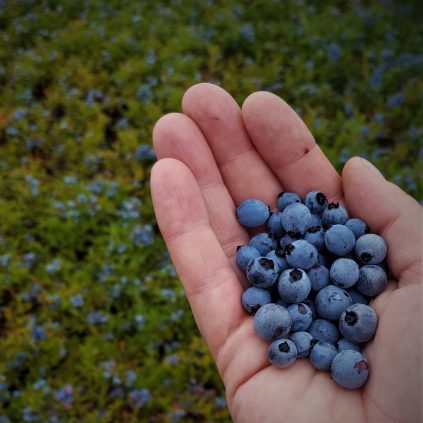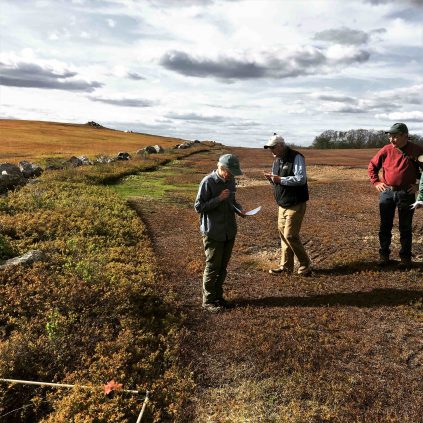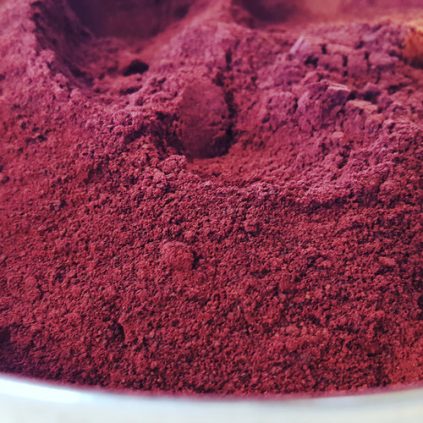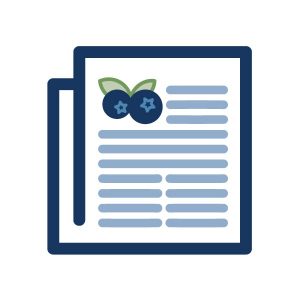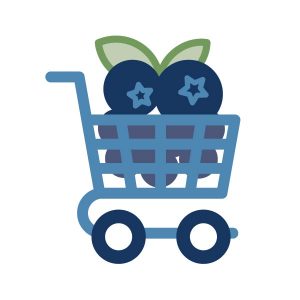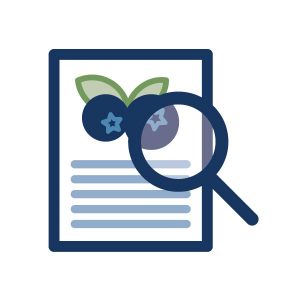Research-based knowledge for Maine producers.
Online Content and Courses
Wild Blueberry Quick Links
Want to Find Out More?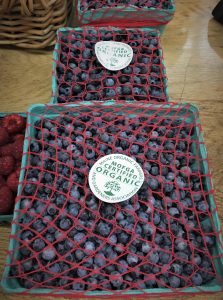
To find out more about Maine wild blueberries and the land they grow on, talk with a local blueberry grower, contact Extension Wild Blueberry Specialist Dr. Lily Calderwood, the University of Maine Cooperative Extension, or contact the Wild Blueberry Commission of Maine.
Did you find what you were looking for?
Land Acknowledgement
The University of Maine recognizes that it is located on Marsh Island in the homeland of the Penobscot Nation, where issues of water and territorial rights, and encroachment upon sacred sites, are ongoing. Penobscot homeland is connected to the other Wabanaki Tribal Nations — the Passamaquoddy, Maliseet, and Mi’kmaq — through kinship, alliances, and diplomacy. The University also recognizes that the Penobscot Nation and the other Wabanaki Tribal Nations are distinct, sovereign, legal, and political entities with their own powers of self-governance and self-determination. University of Maine Cooperative Extension’s Maine Wild Blueberry and Research Team recognizes that the ongoing cultivation of wild blueberry in Maine is based on the knowledge and experience gained by generations of Passamaquoddy, Mi’kmaq, Maliseet, and Penobscot communities; these communities continue to cultivate and celebrate wild blueberry today.

